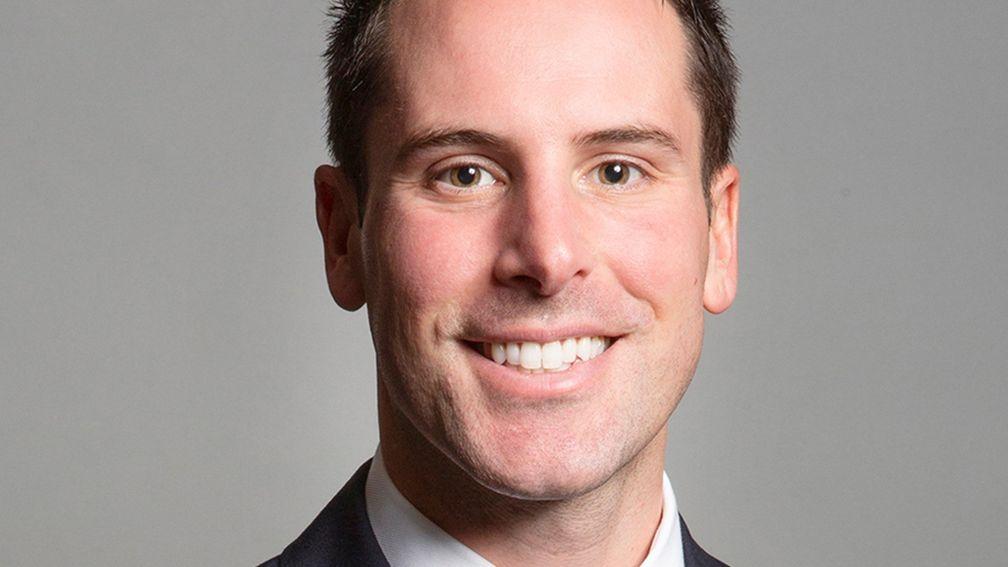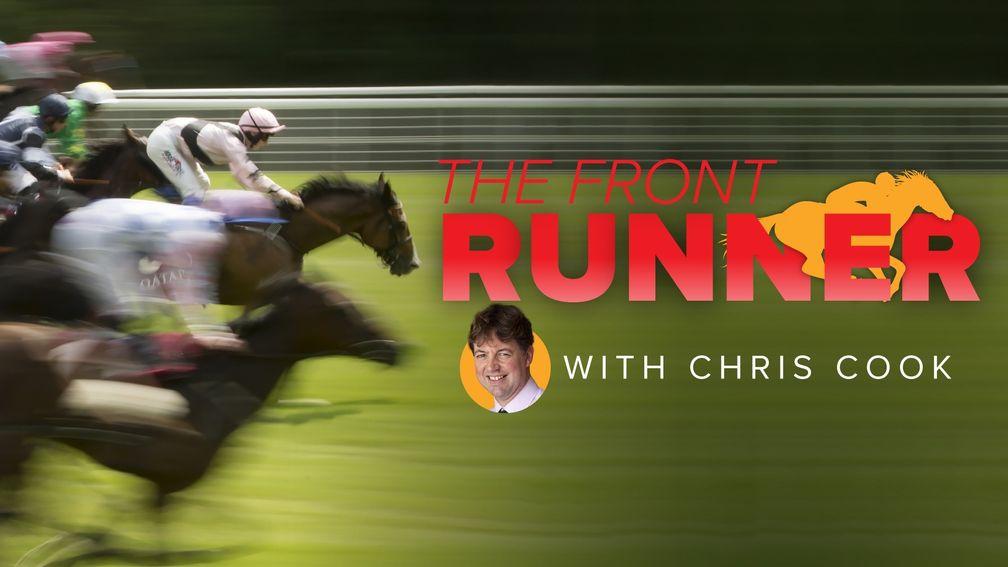- More
Political change gives opportunity to restore trust in the Gambling Act review

Dan Waugh, of strategic advisory business Regulus Partners, says turmoil offers opportunity to look again at key 'facts'
This week, the British government may publish its long-awaited white paper on gambling reform. Or it may not. Opinion is divided as to whether the meltdown of the Boris Johnson administration will further delay the process of legislative modernisation.
Whatever happens, the arrival of a new prime minister, a new gambling minister and very possibly a new culture secretary presents an opportunity to review the 'facts' being used to divine policy.
Earlier this year in this column, I wrote about the problems with some of the evidence submitted to the review and in particular, Public Health England's (PHE) estimate of social and economic costs.
PHE alleged that harms associated with gambling constituted a £1.27bn annual cost to society – and also claimed that more than 400 deaths by suicide each year were "associated with problem gambling only".
As a number of observers – including Christopher Snowdon from the Institute of Economic Affairs – have explained, these estimates are deeply problematic. PHE’s report is based on opaque calculations; inappropriate extrapolations from Sweden and Canada to estimate harms in England; highly selective use of data; and the marginalisation of warnings from the very researchers whose work it co-opted.
Awareness is starting to grow that the 'smoking gun' of public health evidence may in fact have been filled with blanks. At the same time however, there has been a closing of ranks and increasing obfuscation from the regulatory-political establishment.
Last month for example, the Department for Health and Social Care (DHSC) denied a Freedom of Information Act request to make public the mathematical calculations used by PHE to derive its cost estimates (including the suicides figure).
The DHSC claimed that "to adapt and format our analysis for external use… would imply a considerable time above the threshold"; and that "the cost of this work would exceed the appropriate limit".
This was a curious statement for a number of reasons. First is the implication that PHE's calculations are based on a methodology so arcane that they require lengthy adaptation in order to be suitable for publication.
Second is the suggestion that the provenance of a state agency's evidence to a major government review is insufficiently important to warrant disclosure.
Third is the effective admission that few if any of the public figures who have cited PHE's cost estimates (including the erstwhile minister, Chris Philp MP) actually know whether they are mathematically cogent.

Last month, the Conservative member of parliament for Blackpool South, Scott Benton, submitted parliamentary questions, also asking for release of the PHE calculations. The DHSC was due to have responded by June 21 – but no answer has been forthcoming and Mr Benton is still waiting.
The market regulator has been similarly opaque. In response to a separate set of Freedom of Information Act requests, the Gambling Commission did at least release copies of emails between its officers and PHE. The correspondence was both heavily redacted and curiously brief.
In particular, it gave no indication that PHE had shared its report with the regulator before publication.
This seems implausible for a number of reasons – not least the fact that the commission chose to endorse the PHE findings at the point of publication and in the PHE’s press release.
This begs the question of whether the regulator had even read – let alone checked – the claims in a report that it welcomed as both "important" and "independent"; and also whether its Freedom of Information disclosures were in fact comprehensive.
The refusal of government departments and state agencies to be transparent is significant for a number of reasons (aside that is, from simple faith in our democracy).
First, the Department for Digital, Culture, Media and Sport has stated that the PHE report is "an important input to our Review of the Gambling Act 2005" (a position that the incoming minister, Damian Collins, would do well to ascertain for himself).
Second, the Office for Health Improvement and Disparities (which subsumed the research team upon PHE’s disbandment) is currently preparing to publish a follow-up report and the DHSC has pledged to "take action in response" to its findings.
This 'delphi study' – which collects the views of a clandestine group of 'experts' and 'experts by experience' – will address the question of what the government should do in order to tackle the costs identified by PHE.
The scope of the 'Delphi study' includes measures "to make gambling products less affordable and less attractive to gambling operators and consumers"; marketing and advertising curbs "to reduce exposure to gambling products and related services"; and "measures that aim to restrict the access to opportunities to gamble".
Those seeking clues about what this all might mean, may find them in an earlier state-funded research project from the University of Sheffield, conducted between 2019 and 2021.
The Sheffield researchers concluded that evidence on the effectiveness of interventions "remains sparse and weak" and that they had "struggled to make conclusive statements".
Nevertheless, they argued, it was "imperative…that a scarcity of evidence is not used as a justification for inaction" – doubling down on a priori proposals for tax increases and greater marketing and advertising restrictions that could have significant consequences for racing.
The issue of evidence in the Gambling Act review is not its scarcity but rather its reliability – especially where the testimony of state agencies is concerned.
If the government is serious about restoring trust, now would be a good time to come clean on the Public Health England report.
Coral and Goodwood agree partnership

Goodwood racecourse and Coral have announced a new commercial relationship under which the bookmaker becomes the official fixed-odds betting partner of the Qatar Goodwood Festival for the next three years.
Under the partnership, Coral will sponsor ten races across the five days of the meeting including the Coral Golden Mile and the Coral Stewards' Cup.
Coral PR director Simon Clare said: "Coral is the most committed, long-standing sponsor in British racing and in launching this exciting new partnership with Goodwood racecourse we are strengthening our association with the sport."
Playtech takeover fizzles out
The long-running takeover saga surrounding gambling technology company Playtech has fizzled out with the news that Hong Kong-based TTB Partners will not be making an offer.
TTB, which is a shareholder in Playtech, said it had made the decision due to "challenging underlying market conditions", although it remained "supportive of the board, the executive management team, their strategy for Playtech and the prospects for the business".
Playtech chief executive Mor Weizer said: "We remain confident in our long-term growth prospects and, in particular, our ability to benefit from the structured agreements that are already allowing Playtech to access newly opened gambling markets."
Read more on the gambling review:
The 'dodgy dossier' of evidence that could mislead government in gambling review
'We have to fight' – Andrew Black says affordability checks could destroy racing
On-course bookies claim affordability checks will be 'logistically impossible'
'Hours and hours wasted' – the punters already affected by affordability checks
Gambling review may be 'bullet between the eyes' for racing, warns John Gosden
For industry news, expert opinion and all the latest business to business racing and sports products visit Racing Post B2B

The Front Runner is our latest email newsletter available exclusively to Members' Club Ultimate subscribers. Chris Cook, a four-time Racing Reporter of the Year award winner, provides his take on the day's biggest stories and tips for the upcoming racing every morning from Monday to Friday
Published on inFeatures
Last updated
- Top racing books of 2024: must-reads of the year, from the perfect Christmas stocking filler to a pioneering jockey
- Captain Marvel: how a modern master of Cheltenham and a genuine pioneer executed one of the shocks of the year
- 'We’re delighted with how it's going' - joint-trainers prepare for exciting year after Flat string is doubled
- 'We’ve had to work hard this sales season' - Kennet Valley seeking to build on success with biggest string
- Alastair Down's archives: the great writer recalls Coneygree's glorious victory in the 2015 Cheltenham Gold Cup
- Top racing books of 2024: must-reads of the year, from the perfect Christmas stocking filler to a pioneering jockey
- Captain Marvel: how a modern master of Cheltenham and a genuine pioneer executed one of the shocks of the year
- 'We’re delighted with how it's going' - joint-trainers prepare for exciting year after Flat string is doubled
- 'We’ve had to work hard this sales season' - Kennet Valley seeking to build on success with biggest string
- Alastair Down's archives: the great writer recalls Coneygree's glorious victory in the 2015 Cheltenham Gold Cup